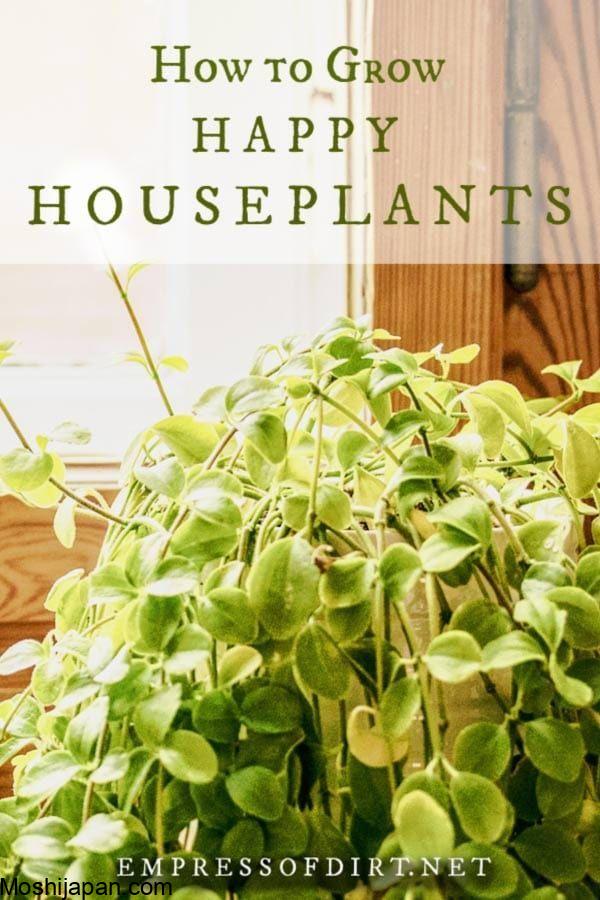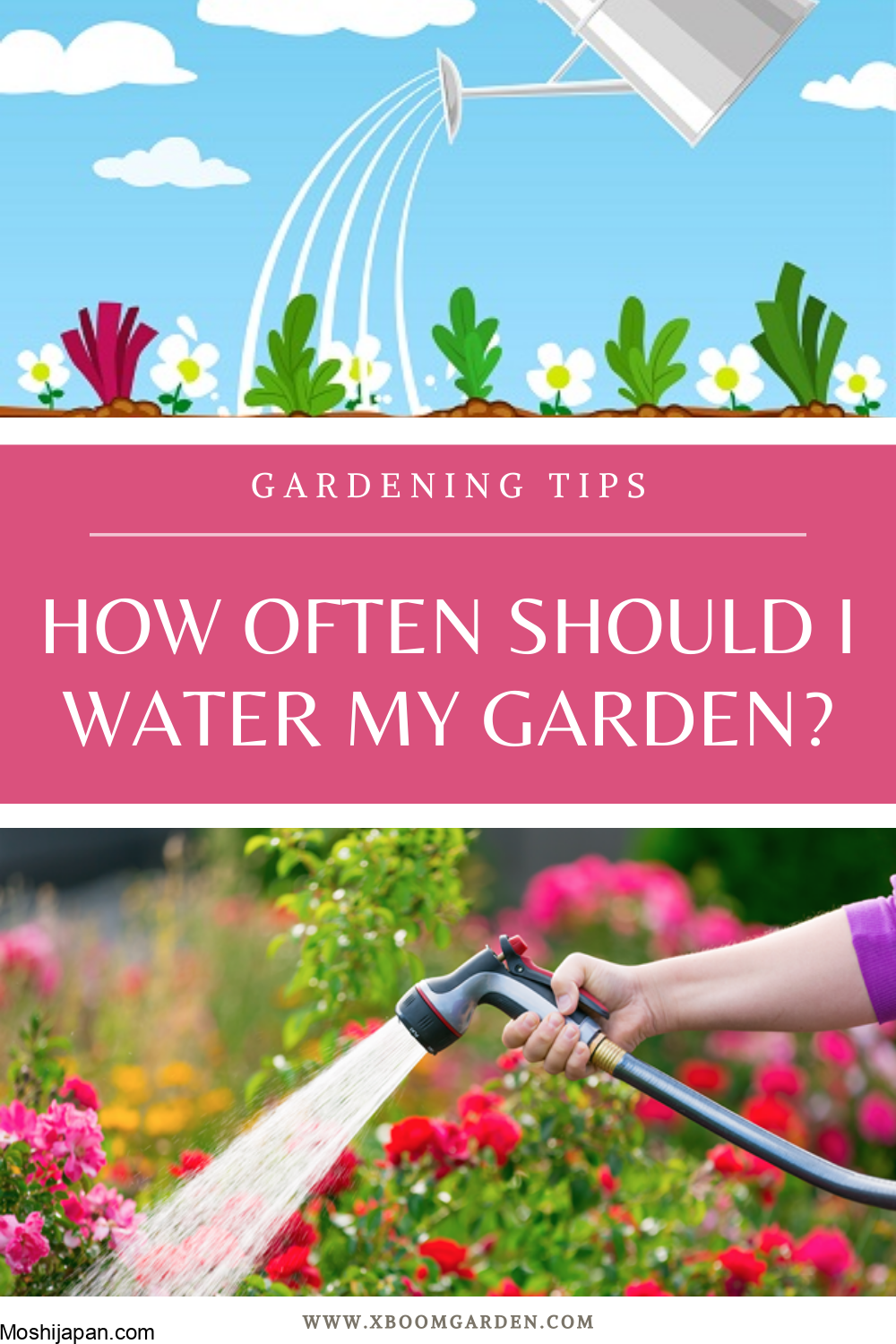How Often Should I Water My Garden?
Maintaining a thriving garden requires a delicate balance of care and attention. One of the most crucial aspects of garden care is ensuring that your plants receive the right amount of water. Overwatering or underwatering can both have detrimental effects on your garden’s health. In this comprehensive guide, we will provide you with expert advice on how often you should water your garden to ensure optimal growth and vitality.
Factors Influencing Watering Frequency

Before delving into a specific watering schedule, it’s important to consider various factors that can influence how often you should water your garden. These factors include:
1. Plant Type and Species
Different plants have varying water requirements. For instance, succulents are adapted to arid conditions and require infrequent watering, while leafy greens may need more frequent moisture.
2. Soil Type and Drainage
Well-draining soil allows water to penetrate the roots effectively, while poorly draining soil can lead to waterlogged roots. Understanding your soil type is crucial in determining the appropriate watering frequency.
3. Weather Conditions
Hot, dry climates will necessitate more frequent watering, while cooler, humid conditions may require less. Additionally, consider rainfall patterns in your region, as this can impact your watering schedule.
4. Plant Growth Stage
Young seedlings and newly transplanted plants often require more frequent watering to establish their root systems. As plants mature, their water needs may change.
Establishing a Watering Schedule

1. The Finger Test
One effective method to determine if your garden needs watering is the finger test. Simply insert your finger into the soil about an inch deep. If it feels dry at this depth, it’s time to water.
2. Early Morning is Ideal
Watering your garden in the early morning allows the plants to absorb moisture before the heat of the day sets in. This minimizes evaporation and helps prevent fungal diseases.
3. Deep Watering vs. Shallow Watering
Rather than giving your garden a light surface watering, aim to water deeply. This encourages the roots to grow deeper, making your plants more resilient to drought conditions.
4. Mulching
Applying a layer of organic mulch around your plants helps retain soil moisture, reducing the frequency of watering needed.
Signs of Overwatering and Underwatering

It’s crucial to be vigilant for signs that your garden may be receiving either too much or too little water:
Overwatering:
- Wilting despite moist soil
- Yellowing or browning leaves
- Fungus or mold growth on the soil’s surface
Underwatering:
- Wilted, drooping leaves
- Dry, crumbly soil
- Stunted growth and development
FAQ

How can I determine the specific water requirements of my plants?
Understanding the specific needs of your plants is essential. Conduct research on each type of plant in your garden to determine their ideal watering conditions.
Is it better to water in the morning or in the evening?
While early morning is generally recommended, it’s more important to avoid watering during the hottest parts of the day to prevent evaporation.
Should I adjust my watering schedule during different seasons?
Yes, seasonal changes can significantly impact your garden’s water needs. Be sure to monitor the weather and adjust your watering schedule accordingly.
What are some signs that I might be overwatering my garden?
Overwatering can lead to wilting despite moist soil, yellowing or browning leaves, and the growth of fungus or mold on the soil’s surface.
How can I conserve water while still keeping my garden healthy?
Utilizing techniques such as mulching, collecting rainwater, and choosing drought-tolerant plant varieties can help conserve water without compromising the health of your garden.
tag
- chicken feed
- how to Keep Chickens Off Your Porch
- How to grow oyster mushrooms at home
- Growing Kale in Pots



0 Comments